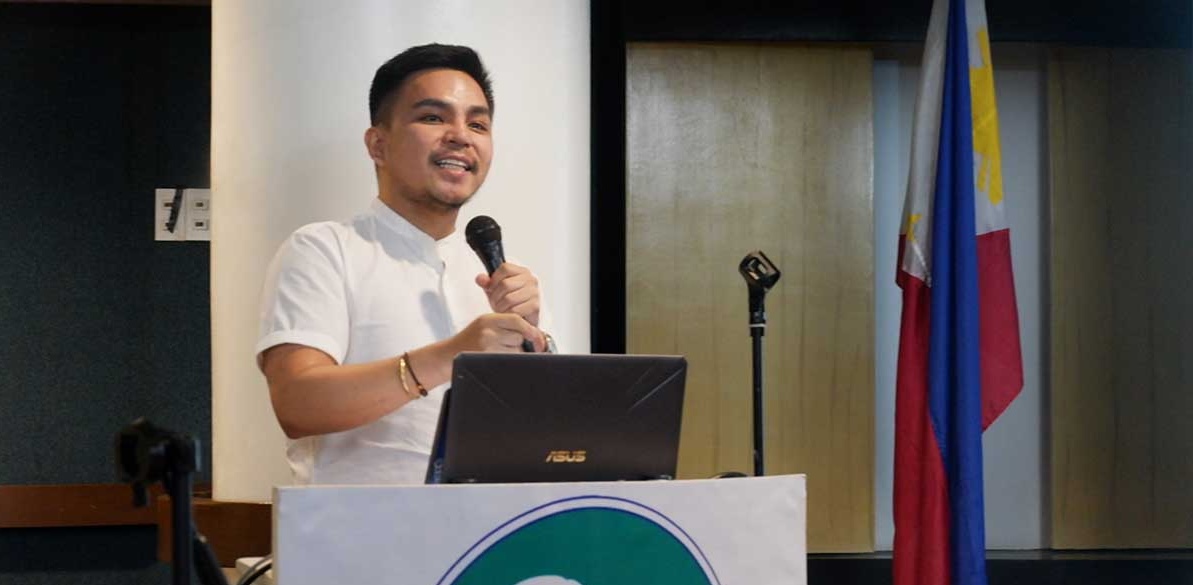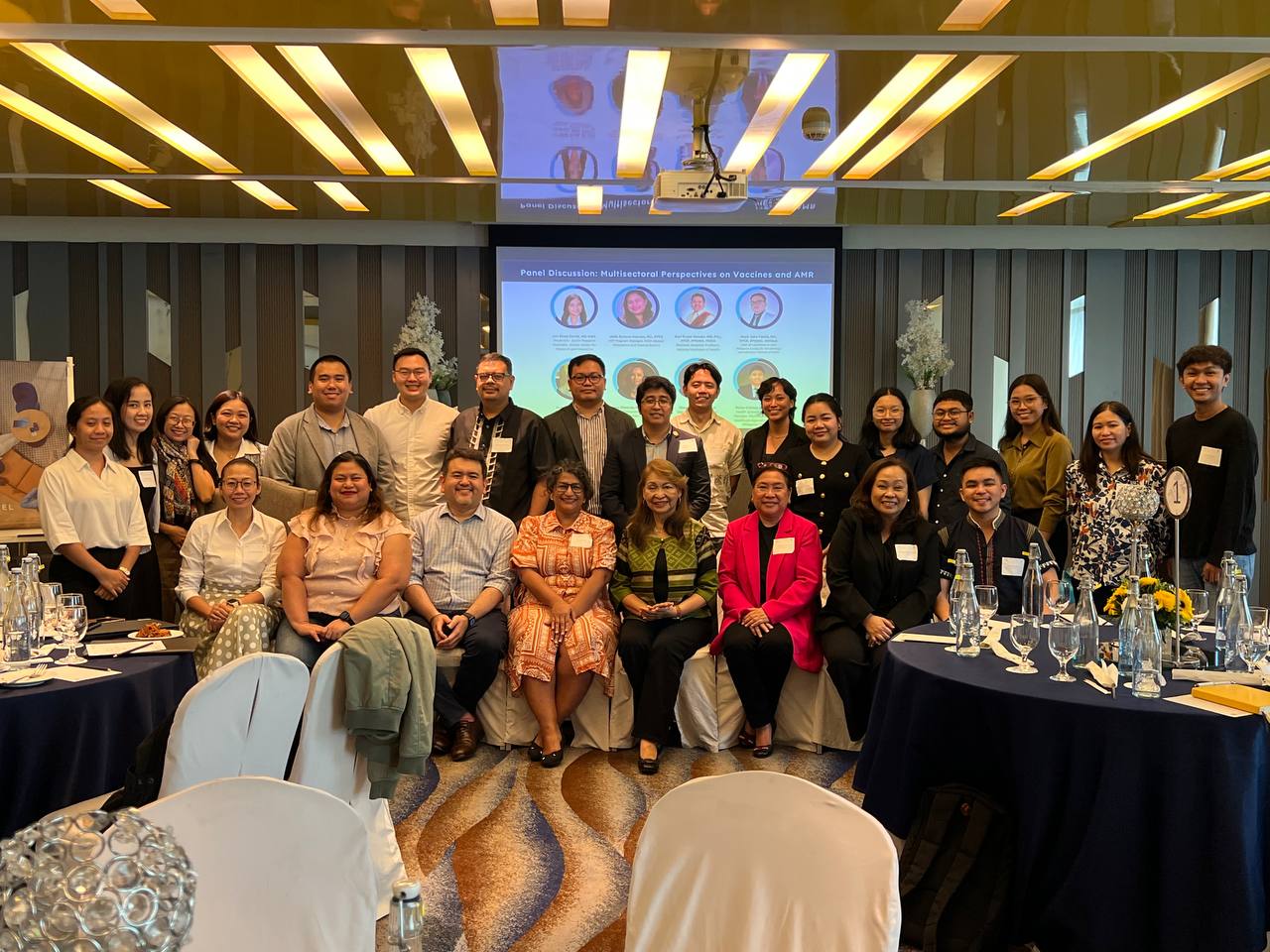
EcoWaste, ACRI zooms in on Microplastics
In anticipation of Earth Day, environmental watchdog group EcoWaste Coalition organized a seminar last April 18, 2024 in partnership with Ateneo School of Medicine and Public Health Center for Research and Innovation (ACRI), University of the Philippines Marine Science Institute (UP MSI), and the International Pollutants Elimination Network-Southeast and East Asia (IPEN-SEA) to talk about the prevalence and impacts of microplastics in the environment, as well as their effects on human health.
Several environmental and planetary experts provided insights on the severity of the crisis.
Microbial oceanographer Dr. Deo Florence Onda of UP MSI highlighted how plastic pollution most affects marine animals and that common seafood such as fishes and mussels available across the Philippines are likely to be contaminated with microplastics already, making them present in the food we eat.
Mr. Rodolfo Romarate II, EnP, MSc presented a study on Suspended Atmospheric Microplastics (SAMPs) wherein it was detected in 16 cities and one municipality comprising the metropolis. He shared that, “We inhale 1-2 pieces of SAMPs weekly, 6-8 SAMPs per month, and 67-88 SAMPs per year. Microplastics are now present in the air we breathe and the majority of it is from synthetic polyester found in our clothing.”
Environmental health specialist Dr. Apostol of ACRI also elaborated further on how humans are exposed to microplastics in many ways from breathing airborne microplastics to consuming them in a different array of foods and beverages. There is even the possibility of microplastics entering our body through dermal contact. Dr. Apostol highlighted how various studies done in laboratories, and in animal and human tissues have demonstrated the toxicity of microplastics to human cells and systems, potentially leading to a wide range of negative health effects.
-
Alongside additional research to help develop evidence-based policy and prevention programs, the importance of community participation and engagement was emphasized to address the global microplastic problem. Mindful consumption, mindful fashion, and opting for alternatives to plastics, especially single-use plastics, are some of the few practices that can be done on an individual level.
ACRI continues to support the EcoWaste Coalition as they intensify its campaign against plastic pollution and its adverse impacts on the environment and human health.
Read more here: Experts Highlight Impacts Of Microplastics To Environment, Human Health | Journal Online
-

The Unseen Link: Vaccines and Antimicrobial Resistance in the Philippine Context
Antimicrobial resistance is already claiming lives, and the global pipeline for new antibiotics is shrinking. In August 2025, experts gathered to explore a critical question: Can vaccines become a frontline weapon against AMR? The science is clear—by preventing infections, vaccines reduce antibiotic use and slow resistance. But translating this into action means confronting data gaps, political barriers, and financing challenges. As one expert noted: "When we vaccinate, we reduce the frequency of these diseases. That means fewer antibiotics—used and misused." With no country in the Global South yet integrating vaccines systematically into AMR strategies, the Philippines has a chance to lead—if stakeholders can move from consensus to action.
-

Advancing vaccine uptake to mitigate antimicrobial resistance (AMR) in low and middle-income countries of South or South-East Asia
This project explores how strengthening vaccine uptake can serve as a key strategy to mitigate antimicrobial resistance (AMR) in the Philippines and across South and South-East Asia. By reducing the burden of vaccine-preventable diseases and the unnecessary use of antibiotics, the study aims to provide actionable recommendations for national and institutional stakeholders to better integrate vaccination initiatives into AMR control efforts, ultimately contributing to stronger, more resilient health systems.
